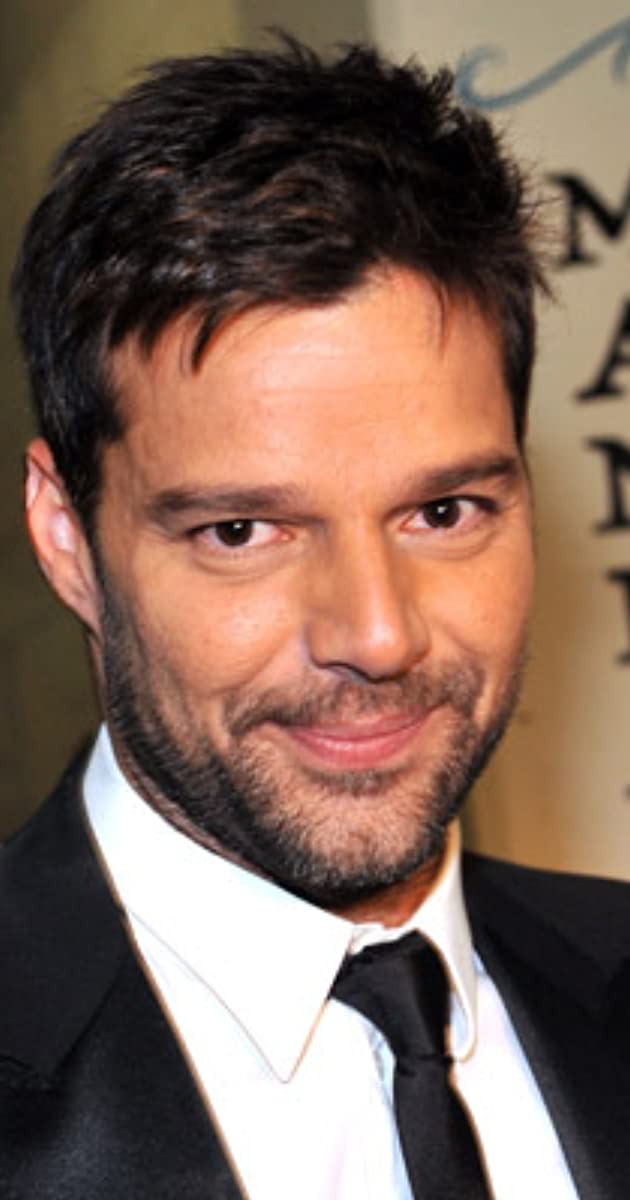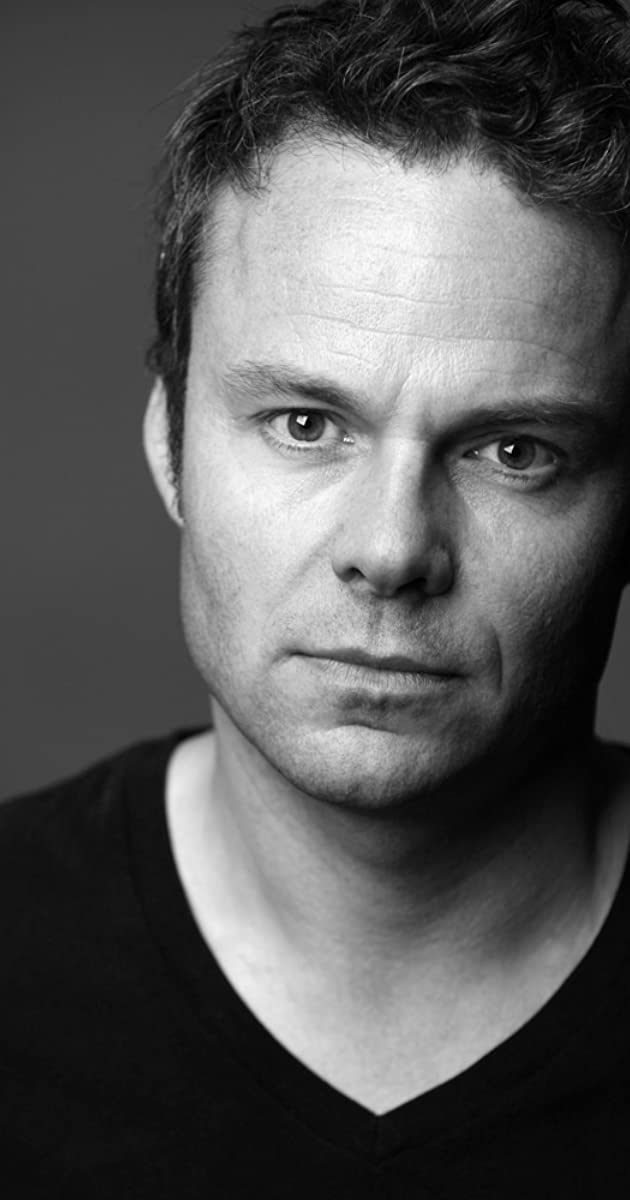
Scrappy, plucky-looking Kentucky-born Tommy Kirk, who was born on December 10, 1941, became synonymous with everything clean and fun that Disney Entertainment prescribed to in the late 1950s and very early 1960s. One of four sons born to a mechanic and legal secretary, the Kirk family, in search of better job prospects, moved from Louisville to Downey, California while Tommy was still an infant. The boy’s interest in acting was ignited at the age of 13 years when he (instead of older brother Joe) was cast in a minor role in a production of Will Rogers Jr. and Bobby Driscoll in a production of Eugene O’Neill’s “Ah, Wilderness!” at the Pasadena Playhouse. Discovered by a Hollywood agent who saw him and signed him up, Tommy went on to appear in two other Pasadena theatre plays, Portrait in Black” and “Barefoot in Athens” and on TV (“Lux Video Theatre, “Frontier,” “Big Town,” “Gunsmoke” and “The Loretta Young Show”) and film (Down Liberty Road (1956) and The Peacemaker (1956)). It was an episode of “Matinee Theatre” that brought the freshly-scrubbed All-American kid to the attention of mogul Walt Disney who quickly signed him to a long-term contract.
In 1955, the lad became a member of the The Mickey Mouse Club (1955) TV series and won a legion of young fans as the brush-cut haired, irrepressibly inquisitive young sleuth Joe Hardy in two “Hardy Boys” serials (“The Mystery of the Applegate Treasure,” “The Mystery of the Ghost Farm”) with Tim Considine, another young promising Disney staple, playing older brother Frank. With time Tommy became a prime juvenile Disney hero and ideal mischief maker for many of the studio’s full-length comedy and drama classics, earning nationwide teen idol status for his exuberant work in Old Yeller (1957), The Shaggy Dog (1959), Swiss Family Robinson (1960), The Absent Minded Professor (1961), Babes in Toyland (1960), Bon Voyage! (1962), Moon Pilot (1962), Son of Flubber (1963) and The Misadventures of Merlin Jones (1964).
In 1963 the bubble completely burst when the Disney factory found out 21-year-old Tommy was gay. He was also arrested on Christmas Eve in 1964 when a party he was attending was raided and busted for marijuana use. Although charges were dropped, it was too late. Fired from his role in the John Wayne western The Sons of Katie Elder (1965) as a result, the Disney studio, out of protection, was forced to release him from his contract, but not after rehiring him one more time to complete a “Merlin Jones” movie sequel entitled The Monkey’s Uncle (1965)).
Tommy found very mild restitution aftersigning with AIP (American International Pictures) and appearing in such popular teen-oriented flicks as Pajama Party (1964), co-starring fellow Disney cohort Annette Funicello, and The Ghost in the Invisible Bikini (1966). He also began appearing on the musical stage as Harold Hill in “The Music Man,” Riff in “West Side Story” and as the lead in “Tovarich.” He also was lent out to do a lead in the mediocre cult sci-fi Embassy Picture Village of the Giants (1965). After leaving AIP, things got progressively worse for Tommy with a lead role in Trans American Film’s It’s a Bikini World (1967) — by this time, beach party films were no longer trendy. Bargain basement fare such as Unkissed Bride (1966)_ (aka Mother Goose a Go-Go), UA’s Track of Thunder (1967), Catalina Caper (1967) Mars Needs Women (1967), in which he played a Martian, and Blood of Ghastly Horror (1967) (aka Psycho a Go-Go) pretty much spelled as a leading man. Practically blacklisted by an industry that deemed “outed” gay actors “box office poison,” he returned to the musical theatre in his home state of Kentucky with such shows as “Anything Goes” (as Moonface Martin), “Hello, Dolly!” (as Horace Vandergelder), “A Funny Thing Happened on the Way to the Forum” (as Marcus Lycus) and “Little Mary Sunshine” (as General Fairfax).
Following roles in the lowbudget 70s films Ride the Hot Wind (1971) and the unreleased My Name Is Legend (1975) as well as an isolated TV part on a 1972 episode of “The Streets of San Francisco,” Tommy disappeared from the limelight. His life went into a seemingly irreversible tailspin. Depressed and angry, he sought solace in drugs and nearly died from an acute overdose at one point. For health reasons he felt the need to completely abandon his career and slowly moved himself forward as a recovering addict. On a very positive note, he was able to build a very successful carpet and upholstery cleaning company for himself (“Tommy Kirk’s Carpet and Upholstery) in Southern California’s San Fernando Valley. It stayed open for business for well over two decades.
After some time away, Tommy showed up again in Hollywood, glimpsed in a few dismissible low-budgeters here and there, including Streets of Death (1988), Attack of the 60 Foot Centerfold (1995), Little Miss Magic (1998), Billy Frankenstein (1998), Club Dead (2000) and, his last to date, The Education of a Vampire (2001). A full-time commitment to acting is quite unlikely but he has done several documentary interviews for the DVD releases of some of his best known films and TV shows and occasionally appears at film festivals and nostalgia convention/memorabilia fests. He lives in Las Vegas.


